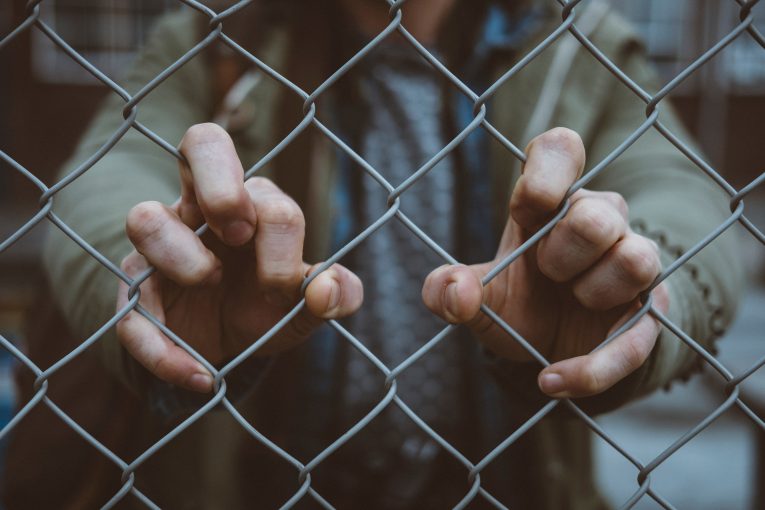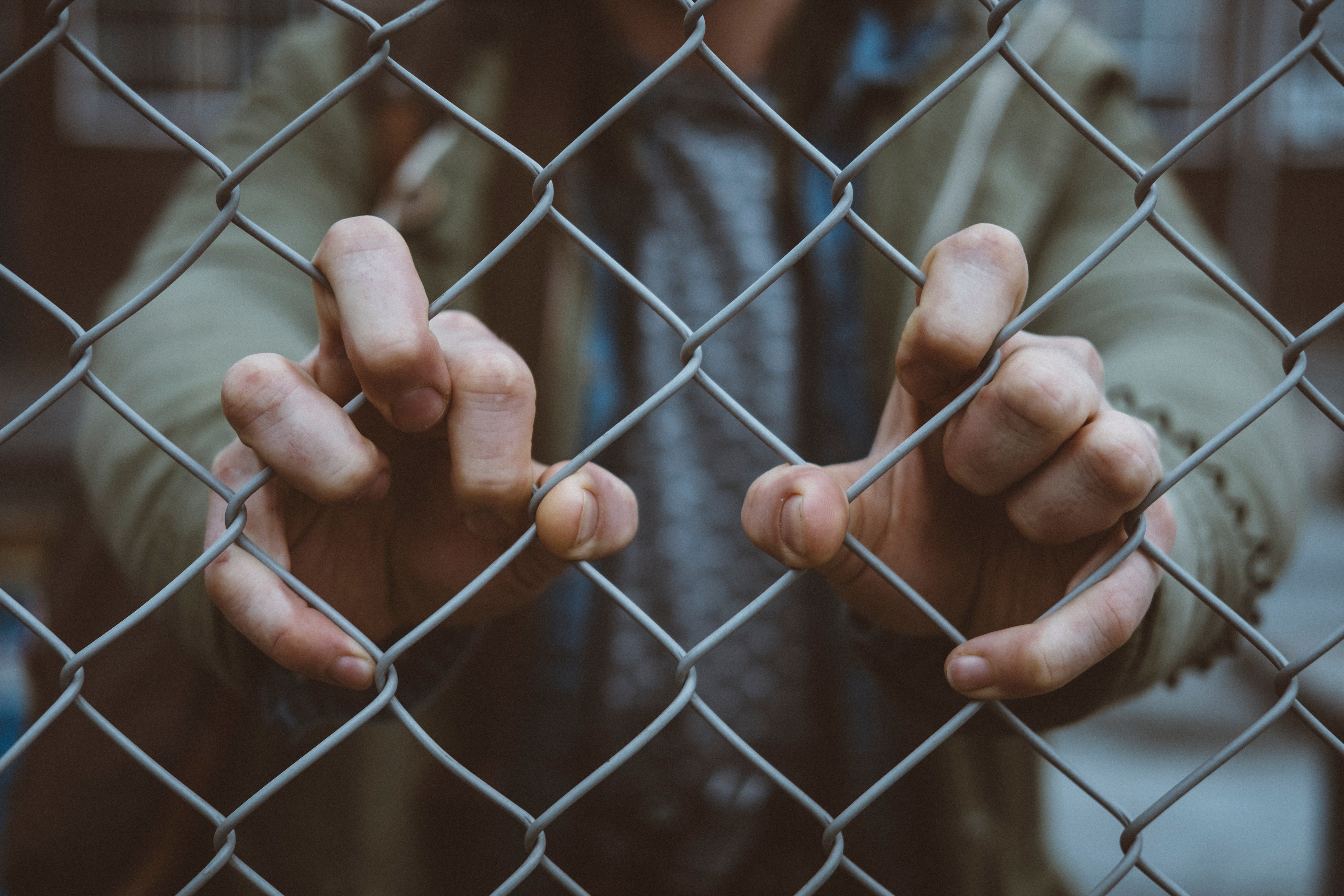


THE LONG WALK HOME: Fences without Gates
By Ricky A. Ortega
Sentenced to life without parole, I often gaze outside my cell window, longing for the life I left behind. Perhaps time will stand still and wait for me, I wonder. But as the years drift by, cherished memories slip away as they bid farewell and fade into the distance. Like the sun setting on the horizon, yesterday is gone; our children grow up and old friends become strangers. But like a desert mirage, I keep searching for traces of my past life in hopes of quenching my lonesome thirst. If I close my eyes, I can almost hear a mother’s voice as she held a little boy in her arms. I can almost touch the clouds outside my bedroom window as they nestled above like pillows for my tired soul. However, through the eyes of someone serving life without parole, no matter how far we are able to stretch our imaginations, the only thing we can truly see are the fences that lock us in. No doubt, the fences we created ourselves.
This series of articles will take a closer look at how offenders serving life without parole are bracing themselves for an uncertain future, how they are attempting to restore constructive habits and are tearing down the fences that once separated themselves from new beginnings.
Robert Garza, the son of migrant farm workers, knew the meaning of hard work at a very young age. “My dad would take my 12 siblings and I out to work in the fields every day after school and on the weekends. My parents were honest, hard-working people who instilled those values in their kids. Regrettably however, after seeing my family struggle to make ends meet, when an opportunity came for me to make some free money, I took it. But I learned the hard way that there’s no such thing as ‘free’ money. I paid the price with a drug addiction and a life on the run.”
Separated from the family that once served to nurture and protect him from the influences so prevalent in our society, Garza found a permanent home in the California Department of Corrections, serving life without parole. “When the Judge sentenced me,” recalled Garza,” he said that I would die in prison. And now, 36 years later, I’m really feeling the impact of those words. When I first walked into Folsom Prison, I can remember thinking, ‘what did I get myself into’? In those days, prison violence was just a way of life. It was either them or me and with nothing to lose, I referred to violence as a tool of survival.”
Garza began to see himself amongst the bloodshed he encountered. As he discovered, we often go through life looking into the mirror and not seeing the person we’ve created within us. Our character defects are not seen in our reflection. But if we listen closely, we will often hear our conscience calling out from deep within us. That day occurred in 2003, recalled Garza. “When my cell mate died, I felt for the first time what I had been putting my family through. I knew then that I needed to change my ways so that I could get out and fix all the damage I had done. My parents have passed away, my kids have grown up and I never got to hold them or be a part of their lives. And that’s a sobering thought.”
Restorative justice does not excuse or minimize our blatant disregard for human life. It does however, aim to help offenders personalize our crimes and put a face on the innocent people we victimized on our path of destruction. Perhaps yesterday is gone, but the fences of tomorrow can be torn down through self-reflection and rehabilitation. For Garza, a decorated prison industry employee with certificates of achievement awards in Fabric Products, Laundry and the Meat plant, it doesn’t guarantee his freedom but the insight he has achieved in self-help groups like Anger Management, AA, NA, and Lifer groups have prepared him for another chance at life if ever given the opportunity.
For those serving life without parole, the fences outside our cell window are a constant reminder of the debt we owe to society. It’s a debt we can never repay in full, therefore they are fences without a gate. But it’s the fences in our mind that we seek to tear down. We understand that in order for someone else to believe in us, we have to first believe in ourselves by creating within us a pure heart, with pure motives. A wise man once said “by their fruits you will recognize them.” Yes, it’s the things we do today behind prison walls that will identify us, not as violent offenders, but as individuals seeking a better tomorrow. Garza summed it up nicely when he said, “I have dedicated my life to my recovery so that maybe I can spend the rest of my years with my kids and my grandkids. That’s all the motivation I need.”
Ricky Ortega is incarcerated in California
